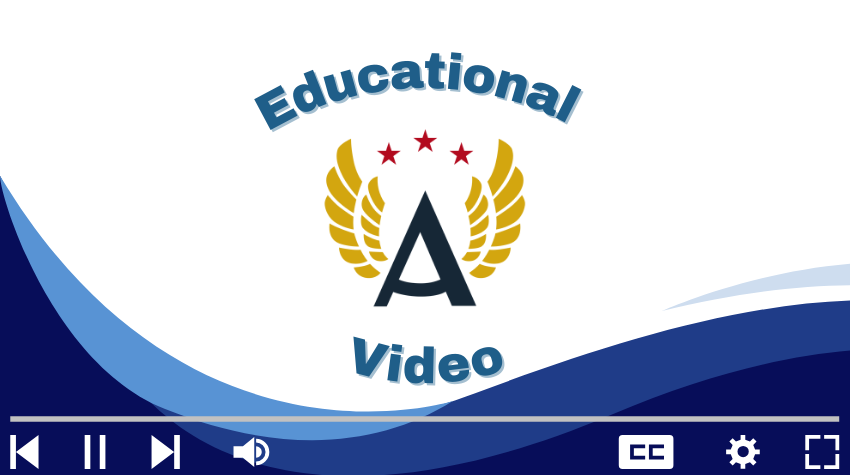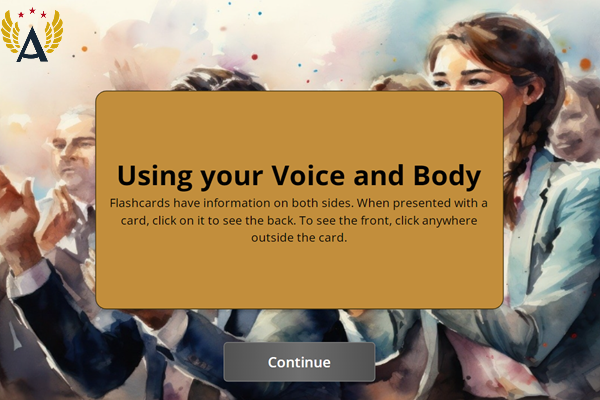Unit 5: Listening, Viewing, Speaking Communicating Face to Face
Unit 5: Listening, Viewing, Speaking, Communicating Face to Face

Unit 5: Listening, Viewing, Speaking Communicating Face to Face
 Unit 5: Listening, Viewing, Speaking, Communicating Face to Face
Unit 5: Listening, Viewing, Speaking, Communicating Face to Face
Improving your skills in listening, viewing, speaking, and face-to-face communication is essential for effective interpersonal interactions and successful communication. Here are strategies to enhance each of these communication skills:
Listening:
- Practice active listening by giving your full attention to the speaker and focusing on what they are saying without interrupting.
- Maintain eye contact, nod, and use verbal and nonverbal cues to show that you are engaged and attentive.
- Avoid distractions and external noise that may interfere with your ability to listen effectively.
- Summarize or paraphrase what you've heard to confirm your understanding and demonstrate that you are actively listening.
- Ask clarifying questions to gather more information and show interest in the speaker's perspective.
Viewing:
- Develop critical viewing skills by analyzing and evaluating visual media such as photographs, videos, films, and presentations.
- Pay attention to visual elements such as composition, color, lighting, framing, and symbolism to interpret the intended message or meaning.
- Consider the context, audience, and purpose of the visual media to understand its impact and effectiveness.
- Engage in discussions or reflection exercises to share your interpretations and perspectives on visual content with others.
- Practice visual literacy by creating your own visual media and experimenting with different techniques and styles.
Speaking:
- Practice clear and articulate speech by enunciating words, modulating your tone, and speaking at an appropriate pace and volume.
- Organize your thoughts and structure your speech with a clear introduction, main points, and conclusion to enhance coherence and clarity.
- Use persuasive techniques such as storytelling, evidence, examples, and emotional appeals to engage your audience and convey your message effectively.
- Adapt your language and communication style to the needs and preferences of your audience, considering factors such as age, background, and cultural context.
- Seek opportunities to practice public speaking, presentations, and group discussions to build confidence and improve your speaking skills.
Communicating Face to Face:
- Pay attention to nonverbal cues such as facial expressions, body language, gestures, and posture to understand the emotions and intentions of others.
- Maintain open and positive body language by smiling, making eye contact, and using appropriate gestures to convey warmth and receptiveness.
- Practice empathy and active listening skills to build rapport, establish trust, and foster effective communication in face-to-face interactions.
- Be mindful of cultural differences and norms regarding personal space, greetings, and social etiquette when communicating with individuals from diverse backgrounds.
- Practice assertiveness and effective conflict resolution techniques to address differences or disagreements respectfully and constructively.
By incorporating these strategies into your daily interactions and communication practices, you can enhance your listening, viewing, speaking, and face-to-face communication skills, leading to more meaningful and productive exchanges with others.
Vocabulary
Lesson Reading
Videos and Interactives (Click on Images to View Content)


